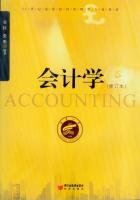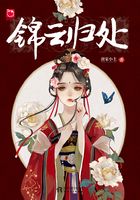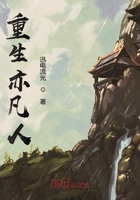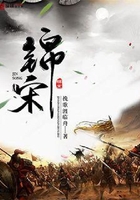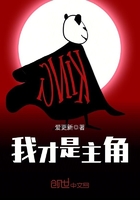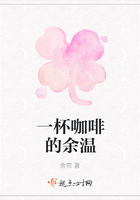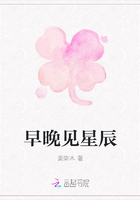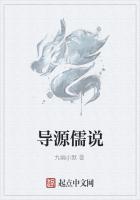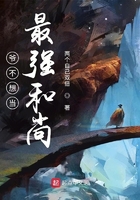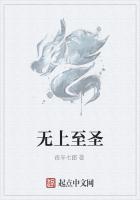The above discussion should not, however, be interpreted to mean that under private ownership of resources the marginal productivities of homogeneous labor must be equal everywhere at all times. The costs of information and of migration, and differentials in nonpecuniary gains and in the costs of living associated with different jobs, are sufficient to produce unequal marginal products of labor. These factors, of course, can be incorporated into the general body of economic theory. I object to the hypotheses of disguised unemployment and the dual economy on the grounds, rather, of their neglect of the flexibility of land use and of the pertinent property right constraints.
[1]. The literature sharing these views is enormous. But see W. A. Lewis, "Economic Development with Unlimited Supplies of Labor." Manchester School of Economic and Social Studies (May, 1954). For general discussion of these hypotheses, see Benjamin Higgins, Economic Development (New York: W. W. Norton & Company, 1959), chaps. 11-17; C. H. C. Kao et al, "Disguised Unemployment in Agriculture," in Agriculture in Economic Development, ed. C. K. Eicher and L. Witt (New York: McGraw-Hill Book Co., 1964); H. Myint, The Economics of the Underdeveloped Countries (London: Hutchinson & Co., 1964); and A. K. Sen, "Peasants and Dualism with or without Surplus Labor," Journal of Political Economy (October, 1966).
[2]. Tsung-han Shen, Agricultural Development on Taiwan since World War II (New York: Comstock Pub. Associates, 1964), pp. 198-99.
[3]. See, for example, F. H. King, Farmers of Forty Centuries (Emmaus: Organic Gardening Press, 1900). As an observer in 1900, King, like J. L. Buck after him, took pains to understand farming techniques in Asia, though he mainly emphasized the intensive farming in his photograph-illustrated work. Oriental writers, however, are far less impressed with their farming methods. See, for example, Shen, Agricultural Development on Taiwan; idem, Agricultural Resources of China (New York: Cornell University Press, 1951); and Nien-tsing Lu, An Analysis of Farm Family Economy of Owner-Operators under the Land-to-the-Tiller Program in Taiwan (Taipei: The Research Department of the Bank of Taiwan, 1965). See also chapter 8 of this study.
[4]. J. L. Buck, Land Utilization in China (Chicago: University of Chicago Press, 1937), p. 242.
[5]. Estimates of labor intensity required for different crops are available in Lu, Analysis of Farm Family Economy, pp. 142-44; and in S. C. Hsieh and T. H. Lee, "The Effects of Population Pressure and Seasonal Labor Surplus on the Pattern and Intensity of Agriculture in Taiwan," mimeographed (1964). The market values for vegetables and other crops are available in Shen, Agricultural Resources of China, chap. 24; and Department of Agriculture and Forestry, Taiwan Agricultural Yearbook.
[6]. See chapter 8, table 3; and Shen, Agricultural Resources of China, chap. 24. See also the forty-eight observed systems of crop rotation listed in Lu, Analysis of Farm Family Economy, pp. 124-34.
[7]. See, for example, H. Scott Gordon, "The Economic Theory of a Common-Property Resource: The Fishery," Journal of Political Economy (August, 1954). See also Anthony Bottomley, "The Effect of Common Ownership of Land upon Resource Allocation in Tripolitania," Land Economics (February, 1963).
APPENDIX B
Rental Payments of Fixed and Share Contracts in China
In this appendix I seek to show two things: that rental percentages vary with land grades; and that share rents are generally slightly higher than fixed (crop) rents. The data, obtained from Chinese sources published in the 1930s, leave a great deal to be desired. I have been unable to determine in detail the methods by which the data were compiled, or even the exact numbers of samples. But my confidence in their reliability is enhanced by the fact that observations in different sources consistently exhibit the same patterns (see chap. 3).
1. In table 9, rental percentages of seven different land grades in twenty-two provinces (China, 1932) are shown. They represent percentages of the main crops, obtained exclusively from share contracts. With a few exceptions, lower-grade lands are associated with lower rental percentages. According to another survey with similar details (twenty-three provinces and six grades of land, China, 1930), only two exceptions are found in a total of 124 observations.[1]
The lack of fuller information stands in the way of interpreting these exceptions. For example, the rental percentage depends not only on the fertility of land, but also on the amount of other nonland inputs provided by each of the contracting parties. Furthermore, some lands might grow more "minor" crops than.
others, and their sharing does not seem to have been appropriately included.
2. In table 10, I intend to show that share rents are generally higher than crop rents because of the risk sharing. The figures are expressed as fixed monetary values. Not only do we find a few exceptions, but some of the differences appear unduly large. According to another survey of similar comparison (China, 1932),[2] in which fixed and share rents are expressed in percentages of the output yields, we find a few exceptions also (fixed rents being higher than share rents), but the differences are generally small.



